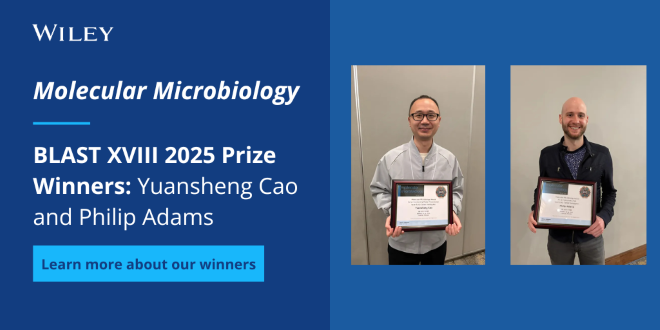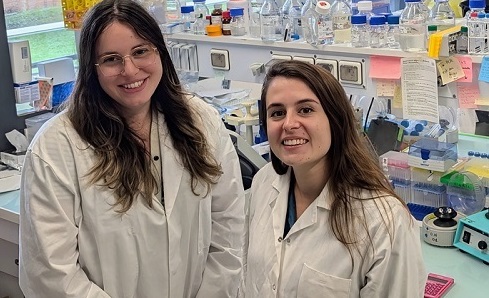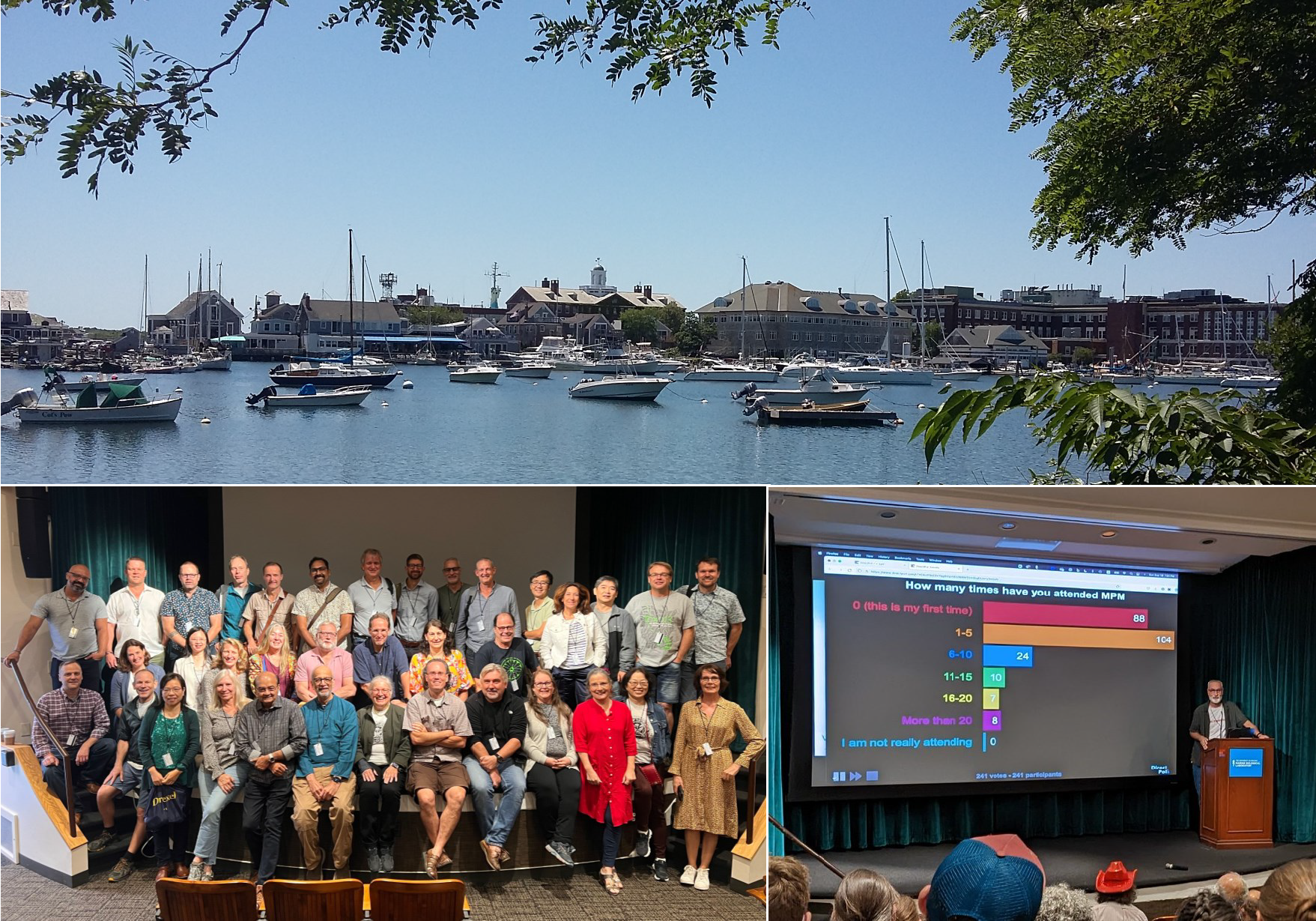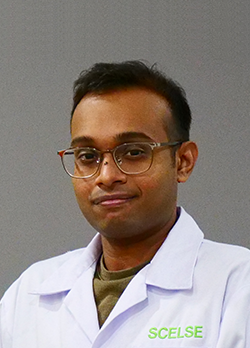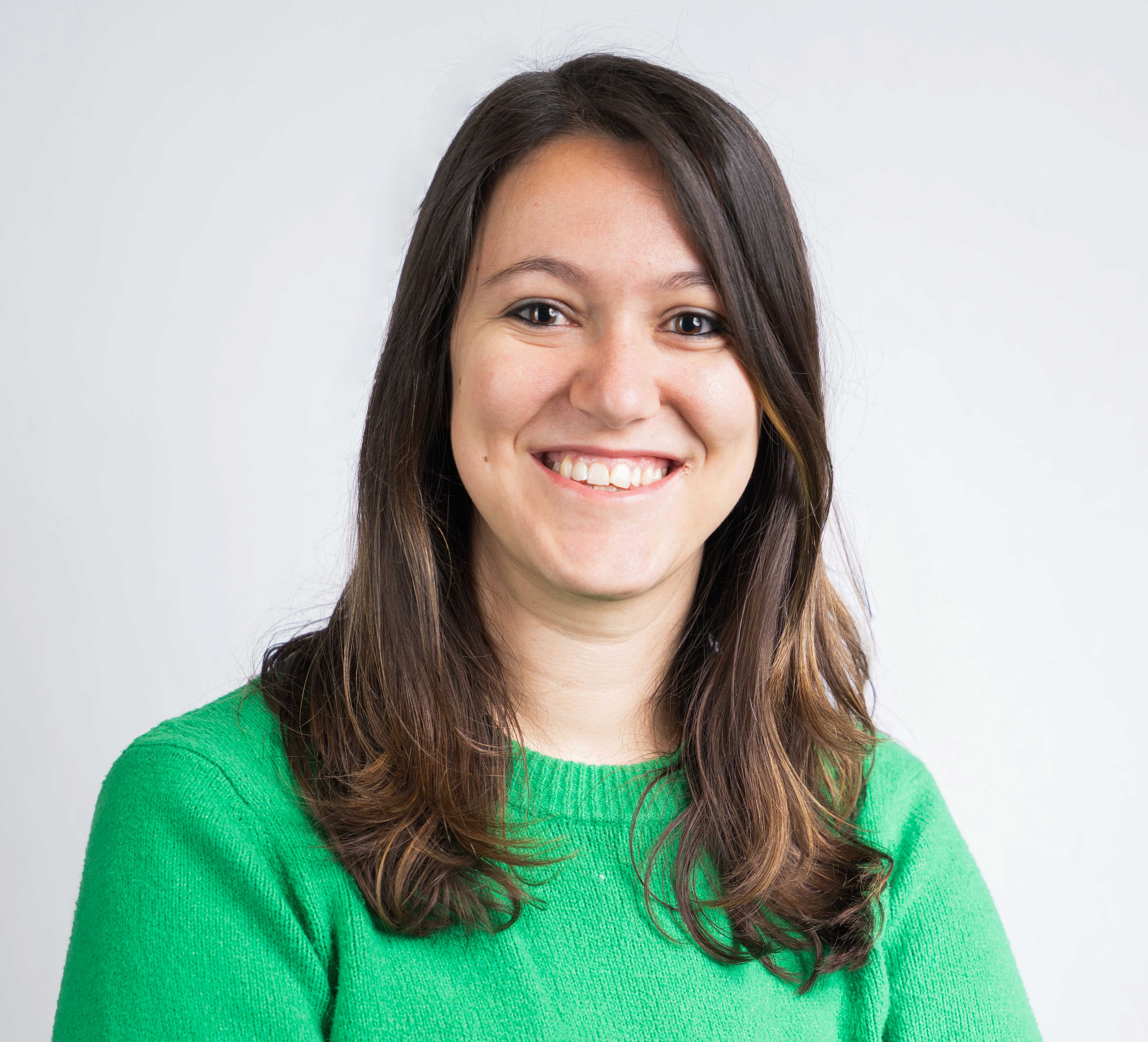
Francesca Florini, Weill Cornell Medicine
Could you briefly introduce yourself for our readers, tell us who you are and what do you work on?
A: My name is Francesca Florini, I am originally from Bologna (Italy), where I got my degree in Molecular Biotechnology. I then moved to Switzerland, where I did my PhD in the laboratory of Prof. Isabel Roditi working on transcriptional regulation in African trypanosomes. I am currently a postdoc in the laboratory of Prof. Kirk Deitsch at Weill Cornell Medicine in New York City. In the Deitsch lab, we study how the malaria parasite Plasmodium falciparum employs antigenic variation to escape recognition by the immune system. In particular, I am interested in how this mechanism is regulated at the single-cell level.
Could you briefly tell us what fascinates you about parasites?
A: When I was younger, I spent a few months in Tanzania, and since then I have always wanted to work on tropical infectious diseases. Among all, I find parasites the most fascinating, not only from a medical perspective, but especially for how they evolved to live inside another organism. I think there is still so much to learn about the clever mechanisms that different parasitic species employ to survive in their hosts.
Any fun facts about you?
A: I love almost all sports, but I am especially obsessed with football (or soccer, as I am now forced to call it since I move it to the US). I am a big fan of AC Milan, and, despite the time difference, I still try not to miss any of their games. I also play soccer every week with a team of students and postdoc from Weill Cornell.
Could you briefly summarize the main points of your poster presented at MPM?
A: Plasmodium falciparum is able to escape recognition by the immune system by exchanging the isoform of a protein, called PfEMP1, which they export onto the surface of infected red blood cells. This exchange is possible thanks to a multicopy family of genes called var genes. The mechanisms of antigenic variation and mutually exclusive expression of var genes have been so far only investigated at a population level. I employed multiple single-cell RNA-Seq techniques to understand what the contribution of individual parasites is, and could demonstrate that activation and silencing of var genes is more heterogeneous than it was previously thought.
Describe briefly if there was something at MPM that inspired you?
A: Since the first time I attended MPM, it has always been my favorite meeting. It is extremely inspiring to see how, in the parasitology community, everyone is really accessible and open in sharing results, establishing collaboration and giving helpful insights. MPM is a special meeting as all the presentation are given by students and postdoc, giving a unique opportunity to all of us to present our work in front of all the main researchers in the field.
How did you hear about MPM?
A: I was encouraged to participate by my PhD supervisor, Prof. Isabel Roditi, who has always been a big supporter of meetings and courses in Woods Hole.
Would you encourage other students/postdocs to go to MPM or to Woods Hole for the Biology of Parasitism course? If yes, why?
A: Absolutely. There is no place like Woods Hole if you are a parasitologist! I am always excited when someone new comes to MPM or participates in BoP, because they are about to experience something very special. As I said before, I think one of the best parts of working in the parasite field is the community aspect of it.
Any plans for the immediate future?
A: I am currently putting together the story I presented at MPM in a manuscript, which will hopefully be out soon. Then, as terrifying as it sounds, I guess it will be time to try applying to start my own lab.
Any records you are proud of?
A: Mmm, only time I won a prize in sports was when I got the “Fair play player of the year” as captain of my soccer team. My coach at the time was not really proud of me, as he said I am not supposed to be nice to my opponents!
And finally, not least importantly: How do Tacos compare to bratwurst?
A: Never heard of any parasite named after a taco, so I guess that’s all we need to know.
Contact details:
Francesca Florini
Weill Cornell Medicine, New York, USA
Email: [email protected]; Twitter/X: @fra_florini




